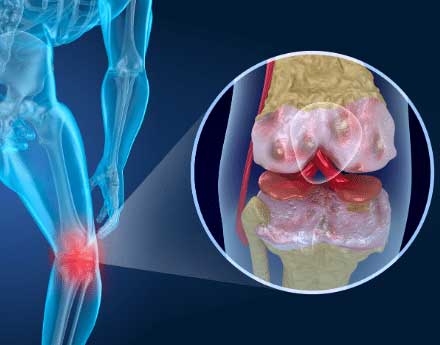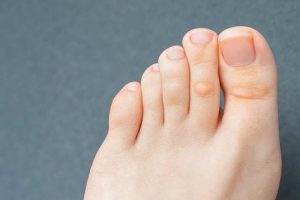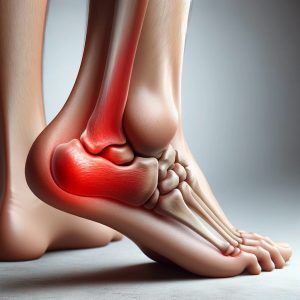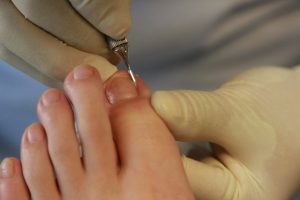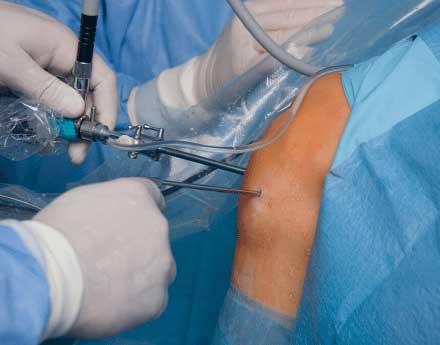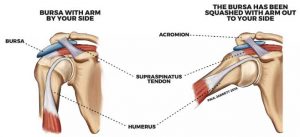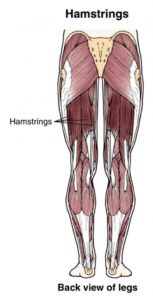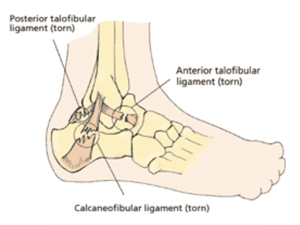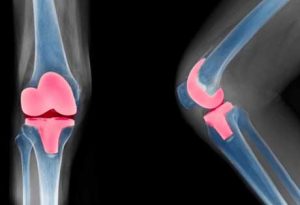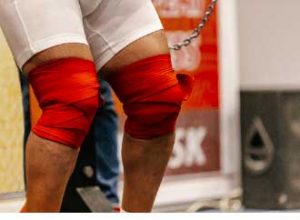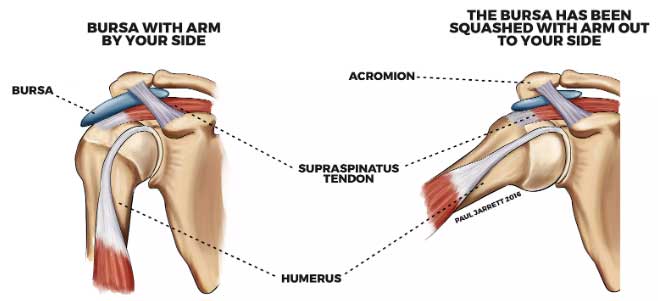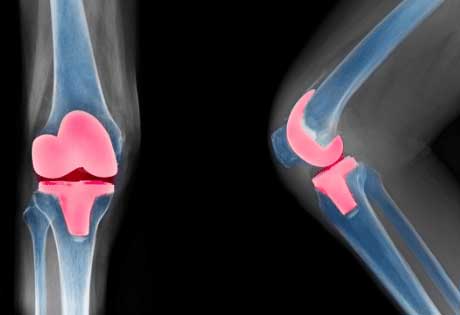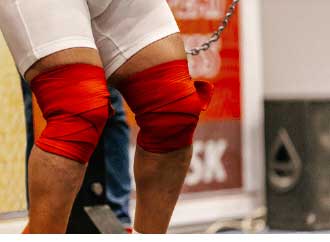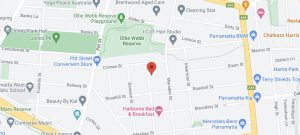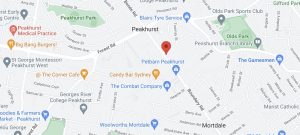Having sharp pains in your knee every which way you turn is neither fun nor sustainable. If you enjoy being active, having a knee that’s painful, but otherwise stable, is really annoying. You just want the damn pain to go away! Most people would go to their GP who would then recommend them to a surgeon and they would recommend that they “clean your knee out,” otherwise known as an arthroscope. Now you have a decision to make. Do I do the surgery and tidy up whatever it is in there that’s giving me pain? Or do I ride it out and maintain my knee cartilage? This is actually a bigger decision than you might think.
What is Arthroscopic knee surgery?
Arthroscopic knee surgery is usually performed so as to clean and tidy up the internal knee joint. Nothing is actually repaired. Meaning that they will generally cut out bits of the knee cartilage that are suspected of causing the knee pain. A good surgeon will be able to clean and tidy the cartilage and keep as much of the cartilage as they can.
Meniscal cartilage knee surgery
The cartilage that we are discussing here is meniscal cartilage. It’s the cushioning cartilage in your knee. It’s softer and more prone to cuts and tears from compressive and rotational forces. We call it the Meniscus. There are two kidney-shaped menisci in each knee, a medial and lateral meniscus.
They absorb the shock in your knee and protect the articular cartilage, the shiny lining on top of your bones inside the joint. Once your articular cartilage wears out, you generally need a knee replacement, which is why we like to keep the meniscus as intact as possible.
The surgery is actually quite simple when you think about it. They open two 1cm holes at the front of your knee. They insert a mini camera in one hole, and a shaver or scraper instrument through the other hole. The skill with the surgeon lies in how they can use those tools to tidy up the tearing by removing as little meniscus as possible.
How long will knee surgery take?
The whole process usually lasts about 30 minutes, then you wake up and they give you a sandwich and juice. Hopefully, the surgeon visits you once you wake up and gives you the all-clear to go home the same day. Done well, you should be able to hobble out of there on some crutches, and you should be walking around more comfortably within a couple of days.
Disclaimer: This is for Educational Purposes Only Let me take a quick intercession to inform you as to the nature of our advice. We are experienced, healthcare clinicians. We wish to share our experience with you on topics to do with your health. We may be a little colourful in doing so, but at the heart of what we do is in-the-trenches experience. Whilst we have achieved academic success and understand the evidence, we are not solely evidence-based. We are, however, EVIDENCE INFORMED. We find that the evidence is usually 10-15 years (at minimum) behind what we are seeing in the clinic. We see real people, with real problems, and we’ve made a great living out of offering real solutions. If all you’re after is the researched evidence, you can find some here (link to evidence page), or you can very easily look for more on Google. We want to give you real-life advice, most of which you may not find in the research. There is no way that this document can replicate or replace expert assessment and guidance given by a qualified registered healthcare practitioner who has seen you personally. I am sure you’re aware that I have no knowledge of your personal medical history or how you take care of your body. If you require care from a qualified practitioner, you would be best served by seeing someone who can empathise with your situation and treat you accordingly. I’m sure you understand that I disclaim any and all responsibility for anything you do as a result of reading this document. And by reading this article, you accept 100% responsibility for the actions of you or anyone under your care.
Knee surgery rehabilitation
The rehabilitation process is not complicated:
Surgeon guidelines and wound healing
Follow the surgeon’s guidelines for wound healing. Ice and elevate if necessary. You want to regain full knee extension as quickly as possible, and return to a normal walking pattern as quickly as possible, whilst respecting the healing process. This is best done in partnership with your Osteopath so they can guide you.
Knee movement and range of motion
Get onto an exercise bike and start moving the knee through a full range of motion. Keep getting your quadriceps and hamstrings worked on by your therapist. You can begin engaging your knee within the squat and deadlift movements (done correctly), provided there is no pain.
Movement and pain-free knees
Keep engaging those movements until they are full range and pain-free. Now you can start loading them. You should be at about the 6-week mark post-op. Once you’ve regained sufficient strength in your knee that resembles pre-op strength, you can start doing some straight-line running, if that is your desire. Anything extra from here on would require specific programming based on your specific goals.
So you’ve just read about the process of cleaning out your knee. A fairly routine surgical process these days. What is more important is the decision you need to make about whether you should actually get it done or not. This decision has become easier given recent evidence. The evidence suggests that a cleanout of your knee does not have any long term benefits and that it will actually accelerate your need for a knee replacement.
If your feet are also causing you pain and balance issues, you should talk to a Podiatrist and investigate custom orthotics.
Why get knee surgery?
So then why do people still get them, and why do surgeons still do them? Well, some surgeons will do them when there is acute locking of the knee. This is an undesirable scenario where the knee locks and inflames. It can lead to a whole myriad of complications, including serious ones like blood clots. Some surgeons will also do them for specific people who have specific goals. Like if you’re a football player earning $50 million dollars a year, you’d probably take a jackhammer to the knee if it means getting you back out on the pitch in the short term. These athletes suffer into their older adult life, but who cares when you have $500 million in the bank. And then you get some surgeons who do them because they’re butchers, stay away from them.
Does knee surgery help?
Usually, the surgery helps in the short term, but the pain comes back. And as you get older….arthritis and degeneration speed up and you’re now looking at a knee replacement. Fortunately, we now know better. We don’t recommend these surgeries unless absolutely necessary.
So if you’re just an average Joe or Jane, and you have some knee pain from a torn meniscus, don’t get the surgery done. Get it looked at by your Osteopath because they will have some tricks up their sleeve to help you. Get the knee stronger, build some muscle around it. It will slow the arthritic process and hopefully, you may not need it replaced. And if you do need it replaced, you won’t need it done as soon.
If you feel that any of the information we’ve given you here resonates with you and you feel we are in a position to help, please BOOK ONLINE as we would welcome the opportunity. If you feel that we can help you in any other way, please reach out to us via our CONTACT PAGE.
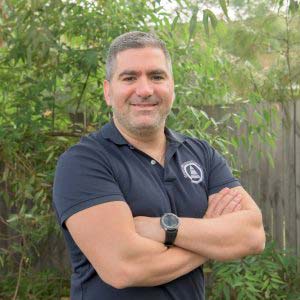
Dr. Sami Karam, Osteopath
I’ve been a qualified Osteopath since 2004. I’ve been playing football ever since I could remember and I have a passion for it. I’ve played at the highest level in the NSW State League at both Youth and Senior levels, and have also been Head Physician at numerous State League Clubs. I’ve travelled internationally and consulted with Sports academies in Barcelona and Italy. I have a special interest in Strength and Conditioning for footballers, as I believe it gives them an edge in their physical competition. My passion involves bringing all of this knowledge into every single treatment that I provide for all athletes. If you feel that I can help you and want to reach out to me, contact me.

